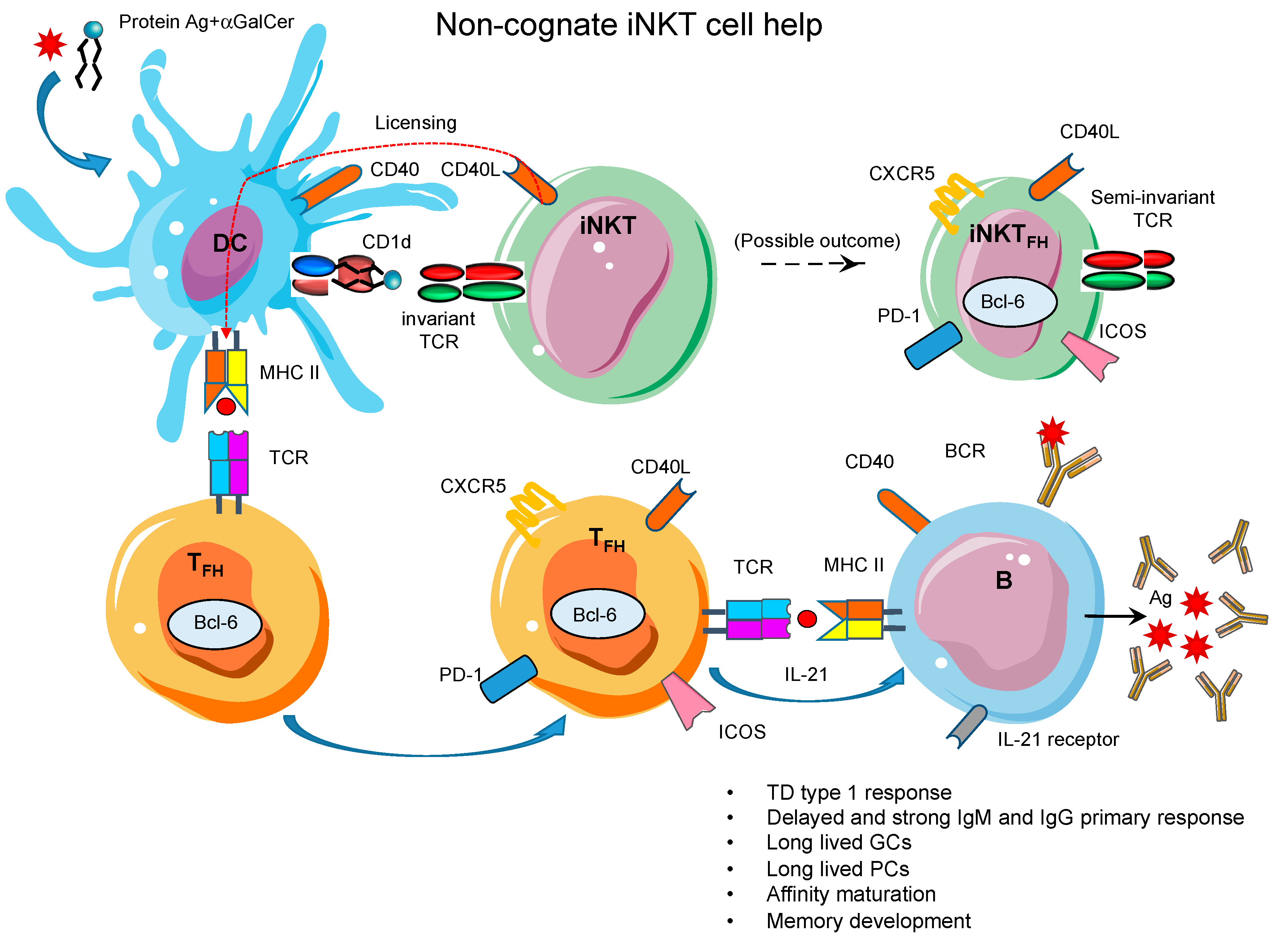
While choosing animal species for polyclonal antibody production, one should consider the following: If we go by the reports of Hanly and Coworkers, the typical dose of a single soluble protein for rabbits should be 10 to 200 μg for goats, 50 to 1000 μg for mice, and 250 to 5000 μg for sheep. Meanwhile, the quality of specific antigens depends on the antigen’s inherent properties, whether it is purified or an antigen mixture’s compound, an immunized animal species, or subjected to the injection frequency or sound. Post administration, such factors are essential since they can adversely affect the animal’s welfare and the ultimate immunological standings.
STEPS IN ANTIBODY PRODUCTION FREE
The diluents must be free from endotoxins, and the pH must be regulated within the physiological limitations. Before moving further with the immunization, a researcher should determine and consider the preparation of antigens through contaminating endotoxins like chemical residues or lipopolysaccharide utilized to inactivate the microorganism. Antigen purification is one of the laborious and time-consuming steps but is worthwhile. Consequently, minute impurities can also prove to be immunodominant and can lead to antibodies with more activity against the impurity if compared to the antigen of interest. Also, the immune response’s specificity acquired relies on an applied antigen’s purity. When producing antibodies, it is essential to determine every antibody feature, including the quantity and quality of the antigen preparation and antigen alone.


This is because they are entitled to several invasive procedures like blood collection and antigen injection. In addition, antibody production needs a considerable number of animals as testing subjects. These comprise the secreted antibodies released by single clones of B lymphocytes, reckoned as monoclonal antibodies and generated by various B lymphocyte clone mixtures, known as polyclonal antibodies.īoth these antibody types have become integral instruments in immunohistochemistry, vaccine quality control, and diagnostic testing. Speaking of antibodies, they are valuable elements in several laboratories. Not only have these allowed researchers to produce antibodies synthetically to develop vaccines, but they also enhanced research work. From valuable tools to clinics and laboratories, scientists and bioscience departments are more pronounced and equipped now. Since the inception of antibody testing, several elements have transformed significantly.


 0 kommentar(er)
0 kommentar(er)
